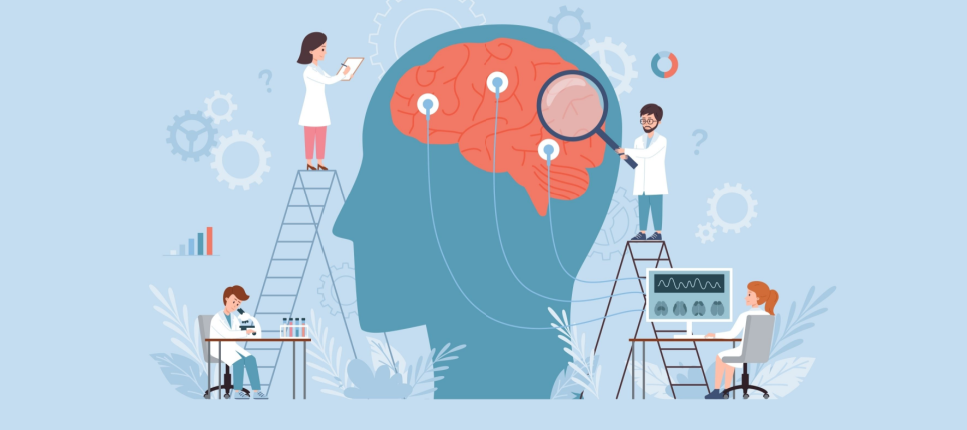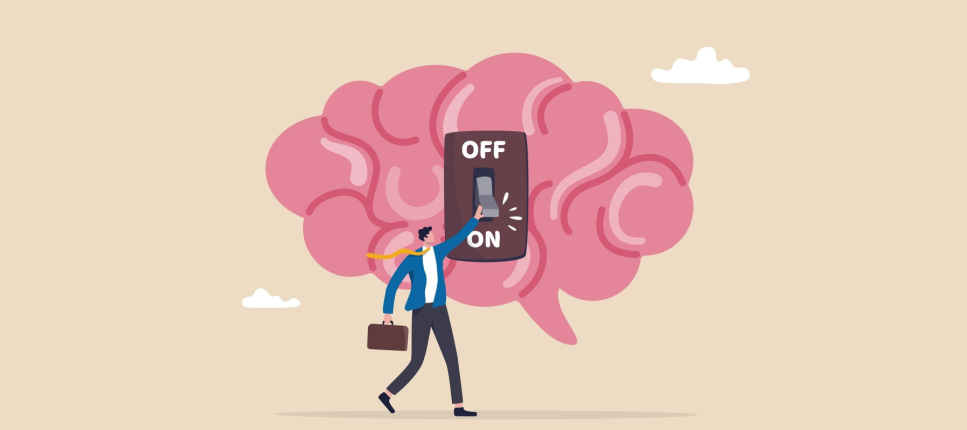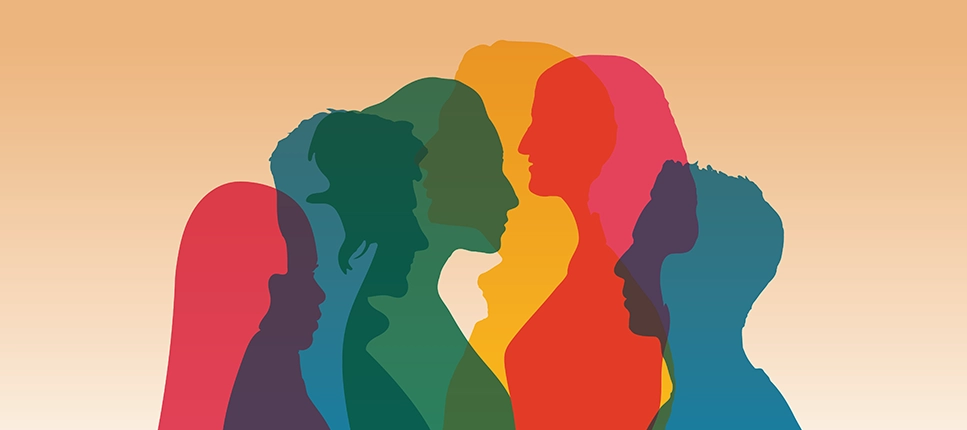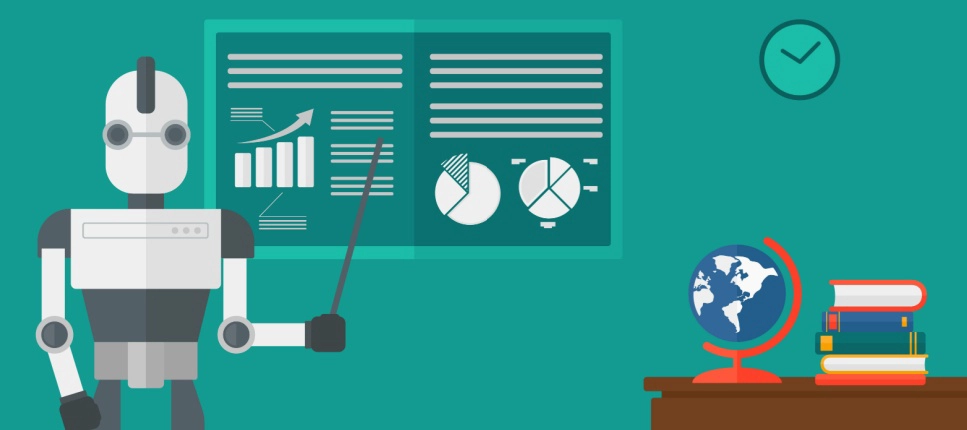How to Make Math Accessible Online
Have you ever struggled to display algebra or complex math online? Do you want to design your online STEM course to make it more accessible to people who are blind? Are you curious how to get popular screen readers like NVDA or JAWS to read equations properly? If so, then this post may be for you.









